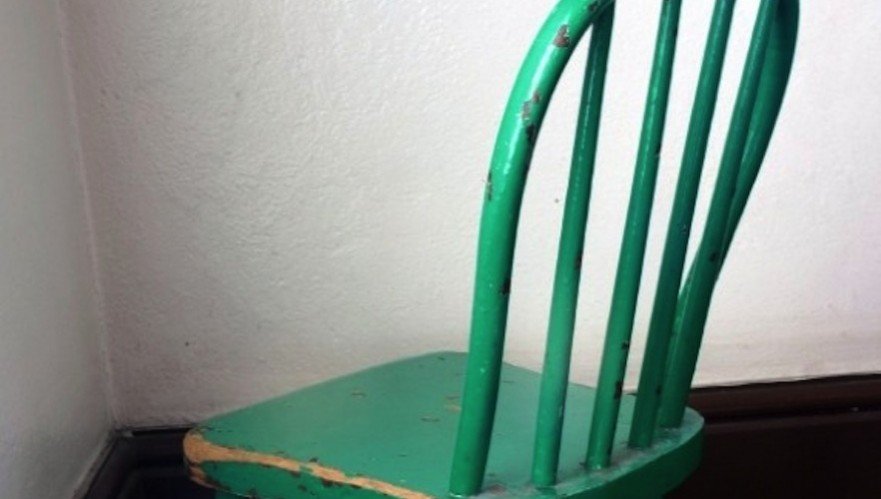Do Time-Outs Work?
An essay by Noel Janis-Norton
It’s natural to put our focus on consequences when we’re dealing with a lot of misbehavior. One oft-used discipline tool is time-outs. Young children can be impulsive — he wants what he wants when he wants it! Kids with this type of temperament will likely resist time-outs, quickly deteriorating communication into a power struggle. Power struggles with our kids is what we want to avoid. Also, kids can become desensitized to time-outs — especially if it’s your default disciplinary tactic.
A more effective alternative is what I call a “sitting apart.” It’s an excellent consequence for physical aggression or for any recurring impulsive misbehavior. A sitting apart is similar in some ways to a time-out, but it’s much more manageable. Your child will still have to sit in one place and his freedom of movement will be temporarily curtailed. What’s different about it is that it happens in the same room where you are. Kids do not want to have to stay in one place so they’re motivated to improve their behavior. Even very impulsive kids who seem as if they simply can’t remember or follow rules will quite soon start to remember rules and follow them when sitting aparts happen consistently. During the sitting apart you are right there teaching them, descriptively praising them for calming down. This is very different from a time-out where not much learning takes place because the child is banished to another room, far from the parent. During the sitting apart, refrain from answering questions, chatting, reminding, reassuring, warning or scolding. Use the usual guideline for how long your child stays there: One minute for each year of the child’s age. Don’t start the timer until your child has stopped screaming, crying or complaining. Be prepared to reset the timer if your child gets up from the sitting apart or misbehaves at all. And of course you’d want to “Prepare for Success” by doing think-throughs about what behavior will result in a sitting apart and what happens during one so your child knows what to expect. Children need to know what the consequences are for misbehavior. The more they are prepared, the less resistance you’ll encounter and the less misbehavior you’ll have to deal with!
Noel Janis Norton, founder and director of The Calmer, Easier, Happier Parenting Centre in London, is a learning and behavior specialist with more than 40 years experience helping parents and teachers on both sides of the Atlantic. She authored the book, Calmer, Easier, Happier Parenting.
Please share your thoughts/anecdotes/musings about this topic below in the comments section. We love hearing from you!
The Mother Company aims to support parents and their children, providing thought-provoking web content and products based in social and emotional learning for children ages 3-6. Check out the first episode of our children’s series, “Ruby’s Studio: The Feeling Show,” along with our beautiful children’s books, music, handmade dolls, and more. We want to be a truly helpful parenting tool… For you!
Posted in: Behavioral Issues, Expert Advice, Discipline